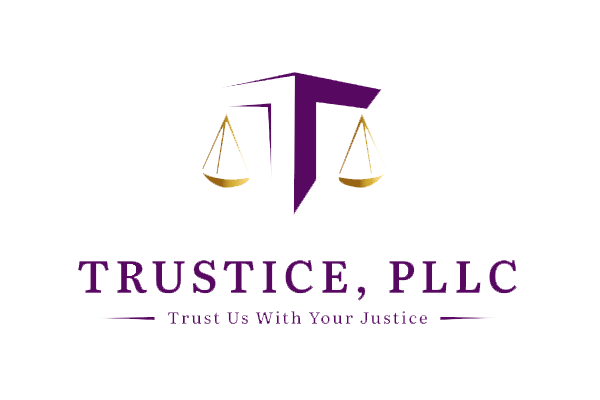We Are Social 24/7 - Get In Touch
Getting arrested is not enjoyable for the person being accused. Laws surrounding each phase of an arrest should protect the citizen before law enforcement, but this is rarely the case. Accused persons should research the laws below to protect themselves against injustices.
Injustices happen nationwide in the United States, as seen recently in Tennessee. The citizens and their lawyers can keep injustices in check, providing a system of safety for the American people.

In Virginia, for instance, an arrest usually begins with the police seeking a warrant against the person accused of a crime. The police officer will present evidence to the magistrate. Then, the magistrate must determine if there is probable cause to issue the warrant. If the magistrate determines there is probable cause, the warrant gives the police the right (read: permission) to arrest the person.
Some warrants may violate these rules, and offenders should check the fine print of their records to ensure they are lawfully accused.
It is important to note that, by VA law, any police force can execute an active warrant against the accused in any location. Law enforcement does not have limited jurisdiction.
In Virginia, law enforcement may arrest a potential offender in others ways. For example, the office can arrest the person on the spot if the officer witnesses the accused committing the crime.
A subpoena (or summons) for presence in court is registered for the less serious misdemeanor cases, such as reckless driving based on speed. If an offender fails to appear, the judge closes their case as a Class 1 misdemeanor and finds them guilty in their absence.
Public arrests are detailed, and events happen one after another. Accused offenders should be careful to review their arrest records during their case. Law enforcement should always leave a copy of the process with the accused. There is no exception to this law.
Eventually, law enforcement may execute the full power of the warrant. In this case, law enforcement is responsible to provide the date of execution and the officer executing the warrant.
There are special laws surrounding a warrant for arrest that is in a county or city different from the one the accused was charged in. In other words, a situation where the accused is arrested in one county and tried in another carries a special set of laws with it.
In this case, law enforcement should bring the accused to the same locality that they were charged in. Then, the officer should immediately conduct a hearing and either admit or release the accused.
Some very specific laws are in order regarding the arrest of citizens in Virginia. For trustworthy advice, the accused should look to Shameka Rhoades to protect their rights. She is an experienced lawyer working hard to protect the POC community.
If you or a loved one are accused of a crime, reach out to Shameka’s office at (804) 835-6141. Those dealing with more critical circumstances should reach out for immediate assistance.
Source:

Trust Us With Your Justice,Call Us at (804) 207-9381
Copyright©2025. Trustice, PLLC. All Rights Reserved.